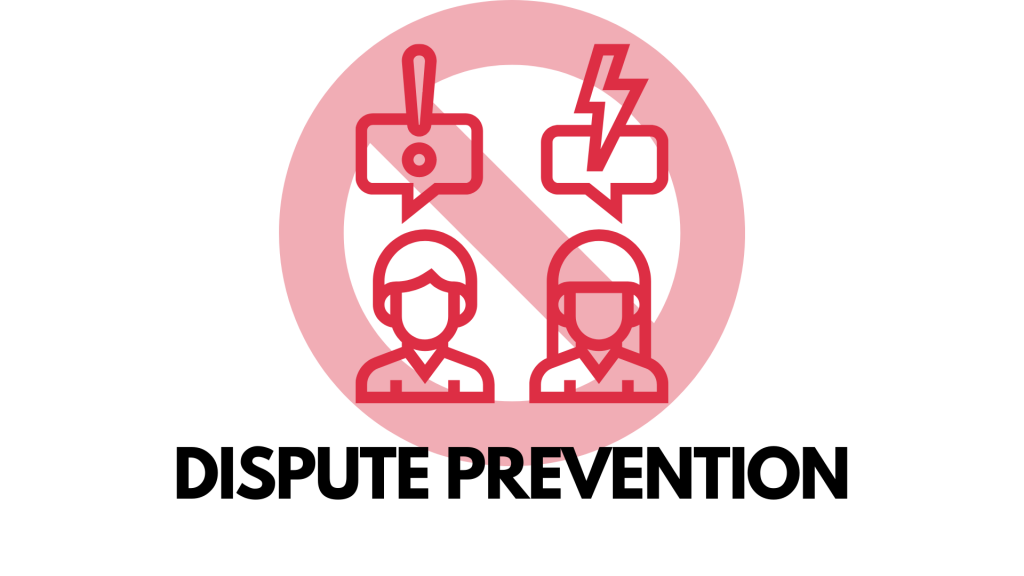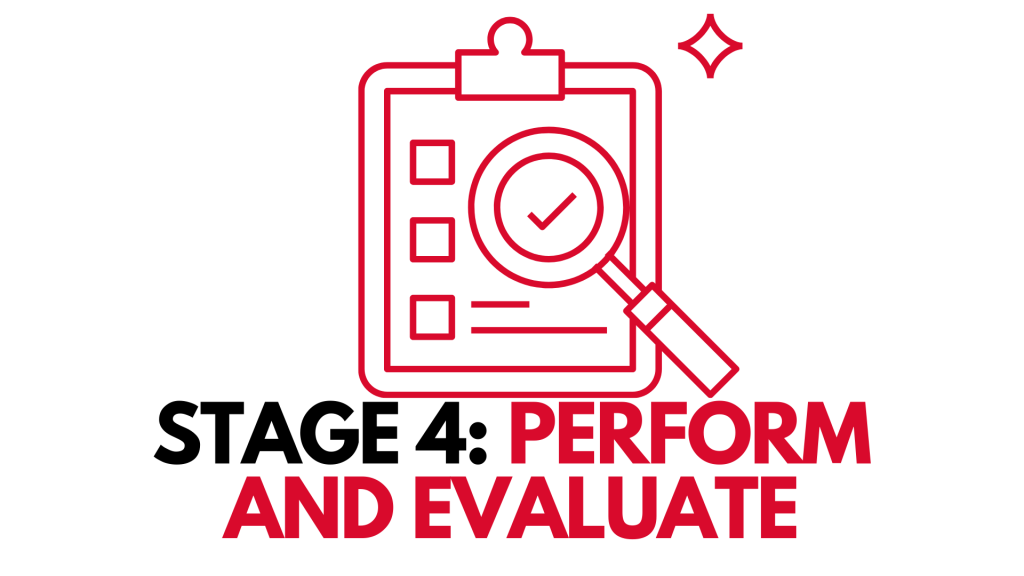Part—4 of the article talks about the fourth and final stage of the negotiation process. The fourth stage of the negotiation process is Perform and Evaluate: Finish the End Game. There will be no issues if both sides perform as planned. However, if they fail to act, the conflict resolution mechanisms covered in this section, particularly mediation and arbitration, are critical.
When preparing for a major negotiation, use a life objectives analysis to get a comprehensive picture perspective. A life goals analysis is very beneficial for resolving disputes, but it may also be used to prepare for deal-making talks.
Disputes in any negotiation are inevitable. So, how do you try to prevent it as much as possible?
Dispute Prevention

There aren’t many important matters to discuss if there aren’t any disagreements. And this is true of many contracts. You negotiate, sign a contract, perform, and that’s the end of the process. So, there’s nothing to talk about there, but if you go down the alternate path, where there are issues with payment, delivery, quality, etc. Then you’ll need some explicit dispute resolution procedures. We also introduced ADR, or alternative dispute resolution, early. ADR stands for “alternative dispute resolution.” For a variety of reasons, ADR is exceptionally crucial for non-lawyers.
To begin with, you’ll be discussing ADR contract clauses in practically every corporate deal today. And it is astonishing how many business people will agree to a mediation or arbitration clause without fully comprehending what they’re signing.
Second, ADR is necessary because you’ll have to participate in ADR processes if you get involved in a business dispute. For example, suppose there is an issue with performance. You’ll be involved in an ADR process of some kind. Therefore it’s necessary to know what they are. Finally, understanding ADR is critical since you will frequently be the third party in resolving a conflict.
For years, “conflict prevention” or “preventive law” has been bandied about. However, in the last few years, a clear definition has emerged. And it simply suggests that predicting what individuals will do is more significant than expecting what a court will do.
This preventative legislation Voltaire, the philosopher, encapsulated philosophy perfectly. I was wrecked twice when I lost a case and again when I won one. To put it another way, even if you win a lawsuit, the repercussions can be terrible. Not just in terms of the legal fees associated with the proceedings. In terms of any damages, you may be liable for and severing business ties.
4.0 Perform and Evaluate: Finish The End Game

There isn’t much to talk about if the performance goes smoothly. So, as a result, we concentrate on areas with a performance issue. And we began by considering ways to avoid contract performance-related issues.
It determines which questions are crucial and who should ask them. Negotiation may also aid in obtaining the facts required to complete the evaluation questions. In addition, how information regarding the evaluation and the outcomes of the assessment will be shared should be addressed throughout the negotiation process.
Conclusion
Entrepreneurs’ negotiation techniques must be adaptable to uncertainty, asymmetric knowledge, and rapid changes in their environment to be successful. After tactics for establishing lucrative agreements in an entrepreneurial setting have been found, persons interested in pursuing an entrepreneurial activity can be taught about them. This approach is based on the concept of entrepreneurship as a method, in which entrepreneurship is defined as a set of abilities for identifying, creating, and realizing opportunities.
The negotiation necessitates a balance of giving and taking. It will help if you strive for a respectful and positive connection that benefits both sides. Good negotiation is one in which you can make compromises that are little to you while giving something to the other side that is significant to them. Regardless of the disparities in party interests, your approach should create goodwill.
A successful negotiation leaves both parties satisfied and eager to do business again.
